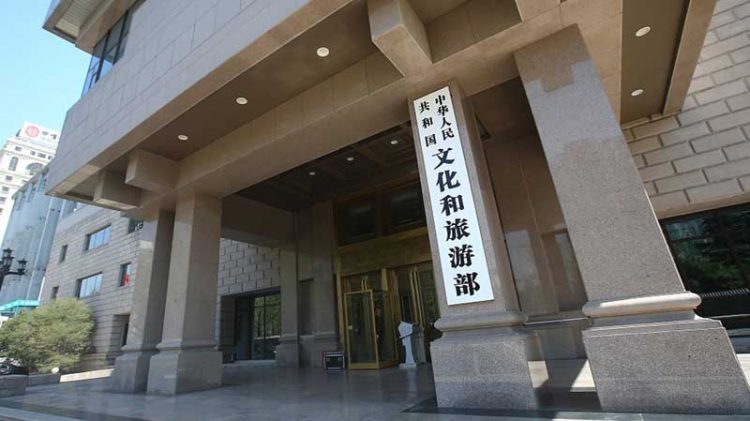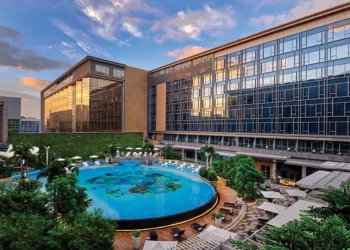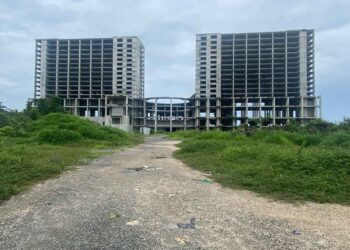China’s Ministry of Culture and Tourism has established a “blacklist” of overseas tourist destinations it says are disrupting the nation’s outbound tourism market by opening casinos targeting mainland Chinese customers.
According to a statement issued early Wednesday, the new blacklist system for cross-border gambling tourist destinations, devised in conjunction with other departments, will see travel restrictions imposed on Chinese citizens going to overseas cities and scenic spots named on the blacklist.
The Ministry said those cities and spots are “endangering the personal and property safety of Chinese citizens.”
While there was no detail provided on exactly which countries appear on the blacklist, investment bank JP Morgan analysts has suggested China is likely pointing to emerging Southeast Asian gaming destinations such as the Philippines, Cambodia and Vietnam, and potentially Australia.
The Philippines and Cambodia have both been in China’s crosshairs in recent times, with Cambodia agreeing to shut down its regulated online gaming industry late last year and the Philippines rejecting similar overtones regarding its POGOs.
“This seems to us like a continuation of its efforts to curb illegal overseas gambling (e.g. proxy betting, video streaming and online casinos among others) and illicit cross-border capital flows since last year that have been stepped up materially in recent months,” said JP Morgan’s DS Kim, Derek Choi and Jeremy An.
“At this stage, it’s difficult to know exactly how the government will clamp-down and what it means by ‘black-listing’, but we suspect capital flows through underground banks and agents, as well as junkets’ promotion of these overseas markets, will be heavily scrutinized.
“Meanwhile, markets like Singapore (and to a lesser extent Korea/Malaysia) should fare better given limited exposure to junkets, and it’d be interesting to see how or if the Japan’s casino IR (integrated resort) plans would be affected by this.”
Union Gaming’s John DeCree said it remains unclear exactly how China would enforce the new directive, although the travel restrictions imposed upon South Korea in 2017 due to geopolitical tensions might serve as an example.
Those restrictions saw Chinese visitation halved from 8 million to 4 million at the time and “also resulted in a notable impact on VIP revenue in the Korean foreigner-only casinos.”
However, JP Morgan noted that Macau was unlikely to be impacted as it is not considered an “overseas gambling market” by the Central government, and may in fact benefit from the move.
“In the long term, this move could be seen as ‘ring-fencing’ gambling demand/flow within China, which in turn could drive repatriation of demand to Macau,” they said.
“In the near term, it’s inevitable we will see some dent in the pace of VIP recovery given potential collateral damage – junkets/agents who bring players to non-Macau markets are the same ones as those in Macau, and they will most likely keep a low profile for now to avoid any fallout from the clampdown.
“Overall, we would characterize this news as short-term pain for long-term gain for Macau.”



































